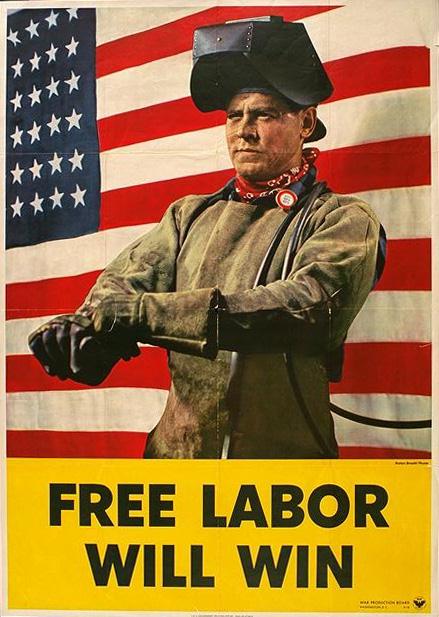Two exhibits, seemingly unrelated, (actually not seemingly, these are unrelated), but to me are both interesting in and of themselves and even more interesting when placed in a larger context, (and if you are willing to suspend disbelief a little bit).
Exhibit A - This is the one you already know all about, released not coincidentally on the eve of Cyber Monday, which is of course Amazon's plan to (someday) deploy unmanned drones to deliver small packages in less than 30 minutes. 
Exhibit B - You might not of caught this one, I'm not really sure why I even read about it as I am not a user of the Shazam app and not really a big music person at all, but here it is from the Econsultancy site - Shazam, Big Data, and the Future of Year-end Lists.
Since you know all about the Amazon stuff and everyone can get the pretty obvious implications to work and workers of such a plan, let's focus on the Shazam story a little. In case you are unfamiliar, Shazam is a smartphone app that you can use to recognize the name and artist of any song that is playing (as long as it is audible), in a process called 'tagging.' The user is then given the option to tap a link to purchase and download the song.
So in the course of the year the millions of Shazam users 'tag' millions of songs, and create a massive amount of data about music exposure, trends, and general buzz about artists and songs. Shazam is now (quite sensibly) using this data as input into it's 'Best of 2013' music recaps.
The bigger implication of this? Check out the excellent take from the Econsultancy piece:
The beginning of January in music journalism is typically a barren wasteland of occasional punditry and arbitrary list-making. The bulk of these lists are written by experts using their own opinion and instinct.
Shazam has jettisoned this tradition in favour of data, maths and algorithms.
This is obviously a far more scientific approach than traditional methods, which removes subjective opinion and puts the list in the hand of Shazam’s 400m users. It is Shazam’s way of using huge amounts of data in order to predict future trends.
A more sensational writer would proclaim that big data is the death of music journalism. Obviously it’s not. What’s the point of publishing a list of the top artists to watch in 2014, curated by 400m users, if 400m users technically already know who to watch out for?
Amazon and its delivery partners someday maybe, would theoretically need far fewer drivers and driver helpers (and trucks and all the folks that work on keeping the trucks running), if they can successfully deploy an unmanned drone air armada to do at least some of their deliveries. And probably before the Amazon drones are a reality, unmanned and self-driving trucks and vans seem both closer to reality and availability, and disruptive to the job prospects in an industry already struggling to supply enough human labor. Not really surprising given how advances in technology have traditionally eliminated jobs and job categories in the past.
But the Shazam story is much different, and newer, and perhaps even more important since it isn't a theory or a prototype or just a nutty idea. Rather it's a simple example of how data, math, algorithms, and actual, regular people are being combined and mashed-up to disrupt something else entirely, the realm of the 'expert.'
Who needs some hipster music critic or tastemaker to grace us with his/her opinion about what the best songs or books or restaurants are when we have Shazam, Spotify, Amazon, Yelp and dozens of other sites and apps that create data that 'removes subjective opinion' and presents only findings that are backed by that data?
We don't need subject matter experts at all really, at least in these discrete fields, we only need one kind of subject matter expert, the data scientist/programmer type that can make sense of the data for any field at all really. After all, data is data, right?
It is really easy to see a future and understand one where truck drivers and other kinds of manual and medium-skilled roles are going to be increasingly threatened by technology.
It is much different, and up until now kind of unthinkable, to see a future when professional 'experts' are going to be needed less and less.
Here is the advice I give to my 12 year-old son, (I know he is not really listening, I just like hearing myself talk) - "Be the chef, not the guy trying to tell everyone else where they should eat."


 Steve
Steve



